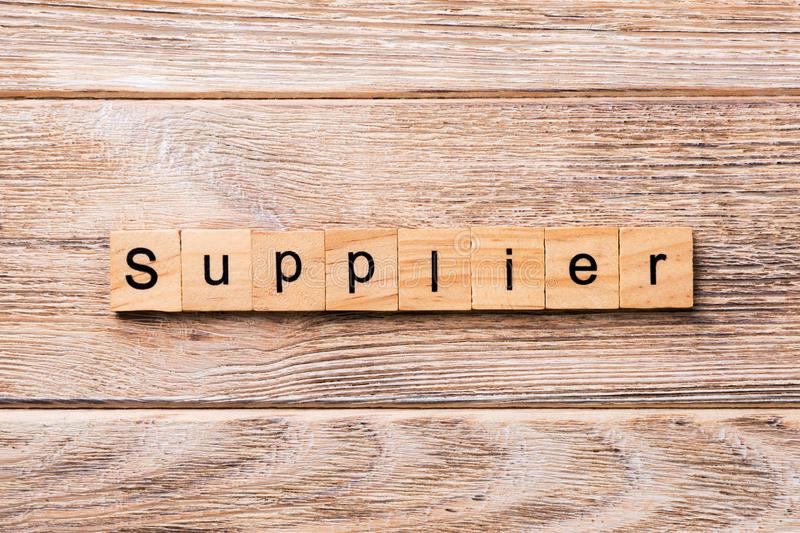How To Choose Suppliers For Your Business

Supplier selection criteria
A company’s success depends heavily on its suppliers. It is essential for businesses to take into account a number of critical factors when finding the right ones, such as:
- Price
- Value for money
- Quality
- Reliability
- Values
- Responsiveness
- Flexibility
- Financial Stability
You should focus on what your business needs and what you want to accomplish when purchasing.
How to get value for money from suppliers?
When choosing a supplier, affordability may be a critical factor, especially in these inflationary times. It is important to remember that cheap suppliers may not always be the best value for money. You will have to decide how much you are willing to pay for your supplies if you want reliability and quality. When it comes to cost, reliability, quality, and service, it’s important to strike a balance between these factors.
Quality and reliability
Consistent quality is essential – your customers associate poor quality with you, not with your suppliers. Likewise, if your supplier fails to deliver on time or supplies are defective, you may fail to meet your customer’s expectations.
Values
Just as your company has a series of values that are important to it and that your customers buy in to, so you should ensure you work with suppliers who share these values.
Values are becoming increasingly important as businesses start to pay more attention to factors other than just price and quality. Examples of values may be any part of ESG.
Flexibility and speed
Keeping a small inventory and placing frequent orders lets you avoid tying up too much working capital. Suppliers who are flexible allow you to respond quickly to changes in customer demands as well as sudden emergencies. A supplier who offers a fast delivery service will rate higher than one who competes on price alone if you want to reduce the time it takes you to serve your customers.
Strong service and clear communication
Maintaining a good working relationship with your supplier requires communication. The supplier should communicate openly and regularly from the initial briefing through continuous feedback. When your suppliers are unable to deliver on time, you need them to be honest and give you plenty of notice.
Financial stability
You should always make sure your supplier has sufficient cash flow to deliver what you need on time. You’ll be reassured they won’t go out of business when you need them most if you run a credit check on them.
How many supplier to work with?
Consider how many suppliers you really need. When you buy from a carefully targeted group, you could benefit from the following:
- better visibility and control over your suppliers
- economies of scale from consolidating different suppliers.
- the more business that you give a supplier, the more important you become to them
Nevertheless, it is important to carefully weigh the advantages and disadvantages of a single versus multiple supplier strategy. Especially for those goods and services that are critical components of what you sell to customers.

